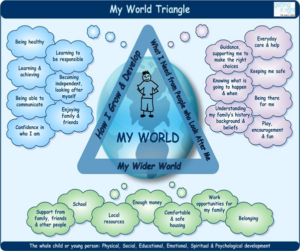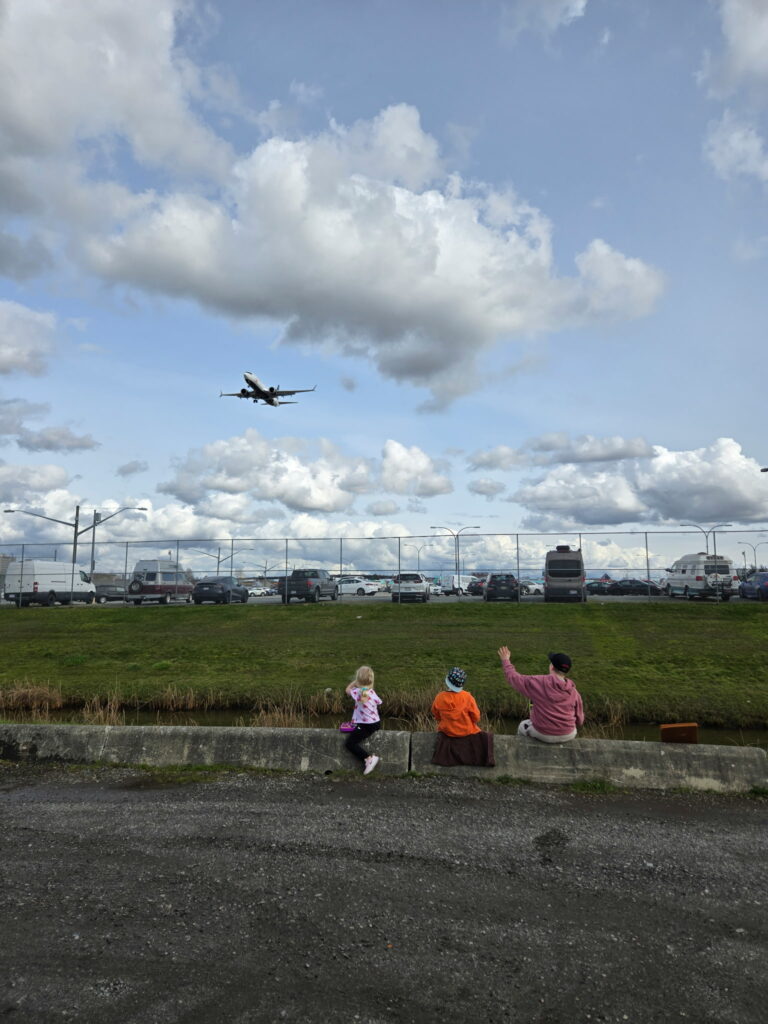A presentation I gave in EDUC 633- Human Development: Implications for Education with Dr. Shendah Benoit, I investigated a number of aspects of Sociocultural Theory. Beginning with the frameworks presented by Piaget and Vygotsky, this artifact demonstrates how children are collectively shaped by the individual experiences in their lives.

Source: Cambridgeshire & Peterborough Safeguarding Partnership Board
As a result of this, I have upon facets of Vygotsky’s ‘Zone of Proximal Development,’ and how that directly influences child growth and development in an educational context. In other words, while all lived experience can fundamentally affect and alter a child’s development, the experiences and environments created by teachers are paramount in developing appropriate growth in multiple fields, both academic and otherwise.
Further to this, Rogoff, Dahl and Callanan (2018), build upon Vygotsky’s work and highlight that the zone of proximal development can permeate through all aspects of a child’s life and affect their respective progression in these areas.
This is incredibly significant in my opinion, as it is my belief that educators tend to compartmentalize aspects of a child’s development far too much, and often do a poor job of adequately addressing and assisting the holistic growth of each student.
